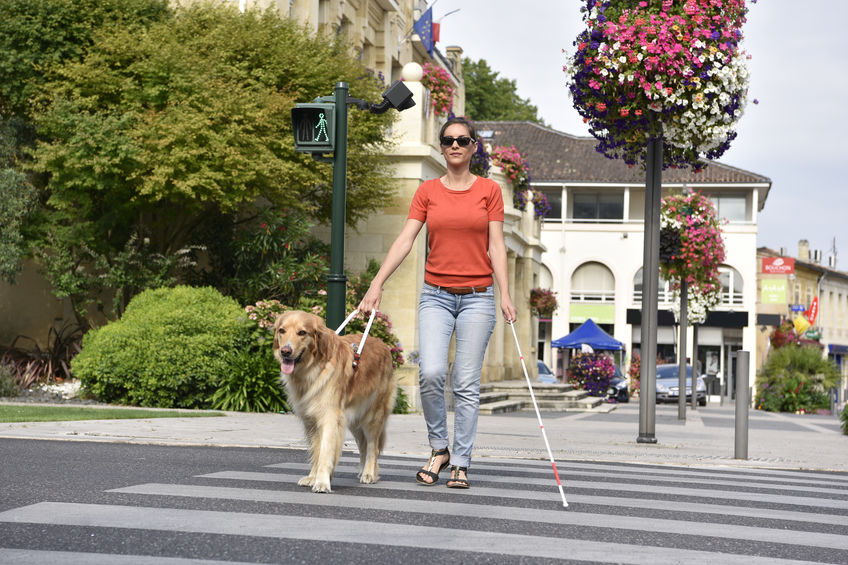Talking About People When They are Present During Your Conversation

Talking about people when they are in the room while ignoring or refusing to acknowledge them is, frankly, rude. Especially when they are the subject of your conversation.
“How can this happen?” you may ask, “Who would do such a thing?” Though it could be happening more out of habit than on purpose, it occurs more often than you might suspect.
Ignoring Another Person
The effect of being ignored or dismissed can contribute to someone feeling “less than” or undeserving, and more often than not, will leave a bad impression of the person who is being unthoughtful.
Do you have a memory of being spoken about as a child, perhaps between an educator and a parent, as if you weren’t in the room? You can imagine what it might be like to be a hospital patient or nursing home resident being spoken about between medical staff and a caregiver. Present, but apparently invisible or unimportant.
Scenarios can vary, but talking about others in third person when they are present is generally disrespectful.
- “Sally is not performing well in my class, and we need to intervene.”
- “The patient is unable to reply, but she may understand. In any case, let’s proceed with what I’ve prescribed.”
- “He could use a change of diapers." (pejorative for briefs or Depends).
When you consider that the subject of each of these statements was present but not included in the conversation, it is understandable why they may feel unrecognized or discounted.
Though the person who is being ignored or unrecognized may remain silent, they may be wondering, “Is there something about me that doesn’t deserve noticing?” or “Don't you realize that I am hearing everything you say?”
Talking About People While Acknowledging Them
When you acknowledge someone, even in a small way, the feeling of inclusion can provide enough confidence for a person to contribute to the conversation in a meaningful way, open up about the problem or challenge at hand, or perhaps ask for help. Sometimes the core issue is that they didn’t feel seen or heard in the first place.
My physician son's pet peeve occurs when patients are spoken about as if they weren’t in the room. His general tip: Remove yourself from the room if you are talking about people and don't want them to hear what you have to say.
He also suggests how to engage a child or an elderly person who has commonly experienced being disregarded or ignored.
- Say the person’s name as you employ eye contact, and pause until the person meets your eyes.
- If the person is engaged with a video game or phone, make eye contact and maintain silence until you are noticed.
- Ask the person an engaging question.
Caregivers of a close friend’s family member who suffered a debilitating stroke, kindly placed a sign above her bed that reads:
“Please be respectful of me. I was once someone who ran a home and participated in community and life, just like you.”
When talking about people, acknowledge them as if they were alert, vibrant and themselves. Count everyone in the room as “present.” You never know when another person is having a formative moment. Let your kindness be felt and remembered.














